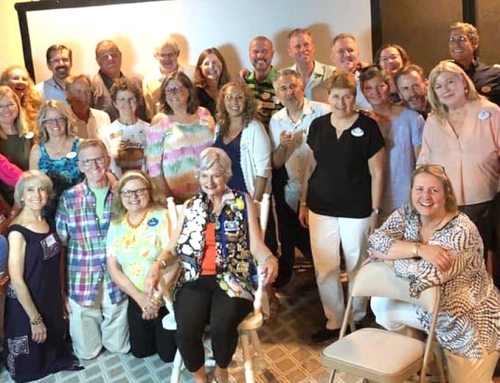 My seven-year-old daughter plays on one of our community’s recreational soccer leagues. Every Tuesday night, they practice on one of the old turf fields at the local high school.
My seven-year-old daughter plays on one of our community’s recreational soccer leagues. Every Tuesday night, they practice on one of the old turf fields at the local high school.
As we were leaving practice recently, my girl jumped over some of the threadbare sections near the sidelines and as she jumped, she asked why new grass wasn’t growing to fill in some of these holes? I reminded her that the field isn’t made of real grass; it’s made of astroturf and I told her that it’s worn down from years of youth sports.
Not real grass?
She thought that was the funniest thing she ever heard!
A few years ago when they first built the fields, the grass was shiny and new. Literally, shiny. There was a distinct sheen about it, which I noticed while observing from the bleachers. But because it wasn’t sustainable and was obviously in need of repair or replacement, it looked kind of … terrible.
The same is true for organizational culture.
Organizational Cultures Must Grow Organically
For any culture change to be successful and lasting, it must grow organically (aka it must be a “grassroots effort”).
It must be designed and embraced by providers, staff, and leaders together.
It cannot be perceived as just another top-down organizational edict, or the flavor-of-the-year best practice borrowed from the latest healthcare conference. In other words, culture change shouldn’t be imposed (like astroturf).
You can buy an “astroturf” culture or an astroturf-like training program. It will look good at first. Maybe even shiny. But it will always make employees feel like it was imposed on them. And, it will never grow naturally. and when it wears out…well, you just buy another vendor.
For any cultural improvement effort to meaningfully increase patient satisfaction and build long-term patient loyalty, it must also focus on impacting employee satisfaction and employee engagement.
Getting staff involved in the design is key. A consistent, straightforward approach that all staff (especially frontline staff) can execute on a culture of always, not sometimes, is the goal.
What’s the culture like at your organization? Do employees own it and live it or do they feel it was imposed on them and they’re just waiting for he next big idea from the c-suite?






Leave A Comment